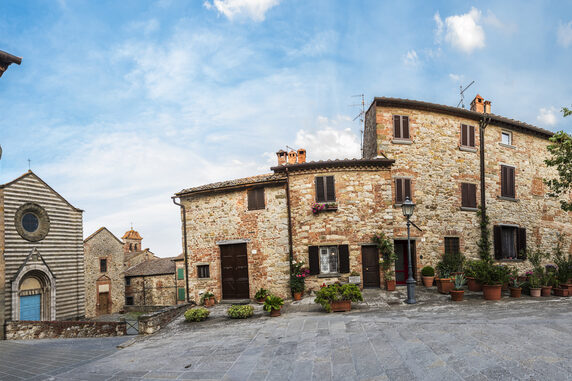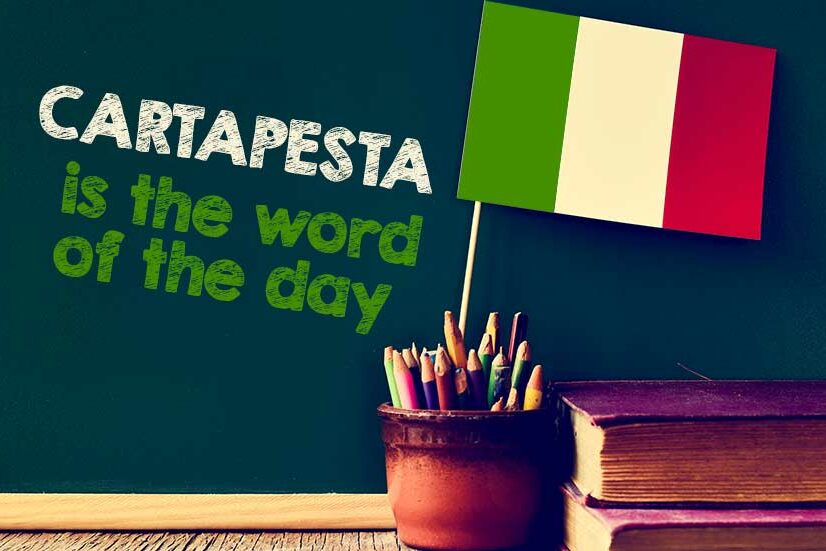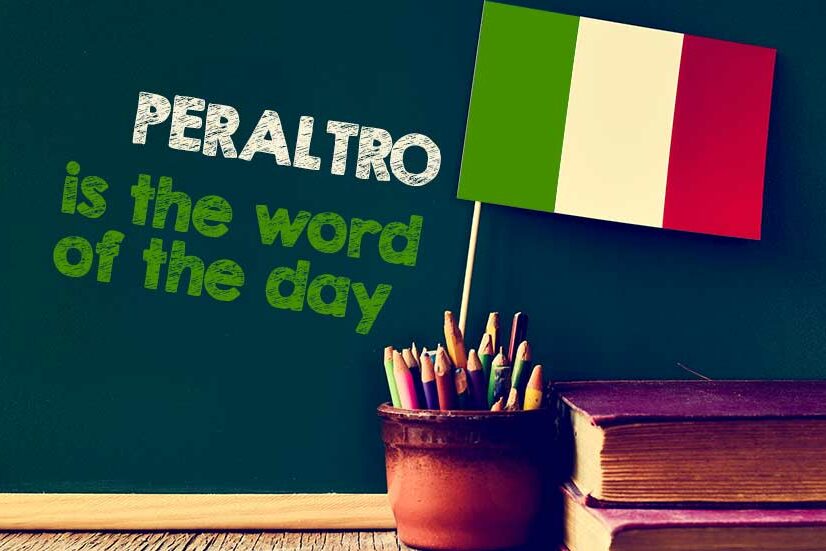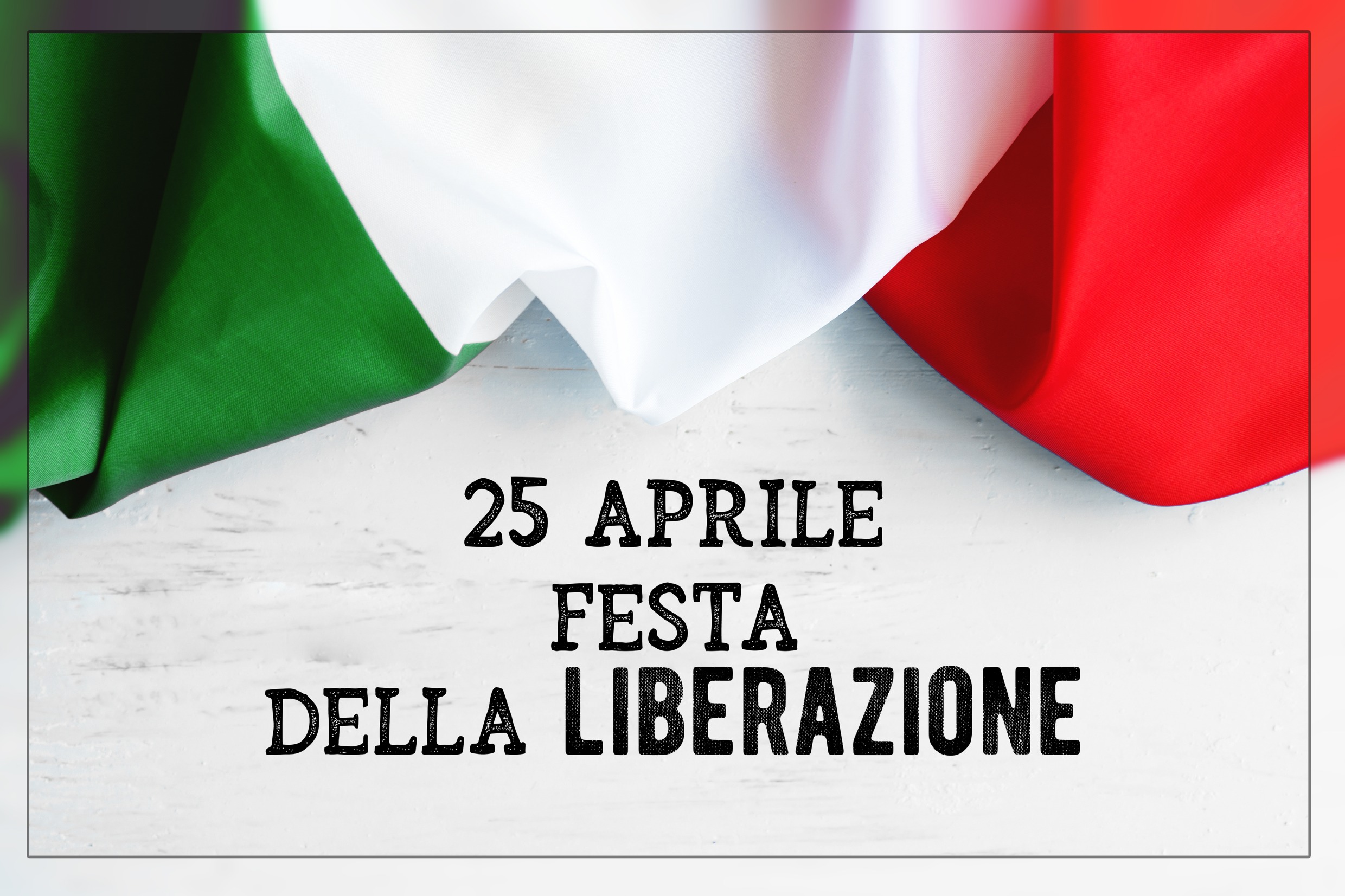Davvero (dahv-vai-roh) means “for real.” It comes from the locution da vero, “which comes from reality,” and began being used in the early 14th century. It corresponds to other common words in Italian, like veramente, and locutions, like sul serio.
We Italians use davvero in so many ways. When we are incredulous, we use it: Davvero hai prenotato un viaggio intorno al mondo? In this case, it tends to correspond to the English “for real,” or “really:” “did you really book a trip around the world?,” but also “did you book a trip around the world for real?”.
When we want to emphasize a characteristic of something, we use it, too: Quel film è davvero interessante, which means “that movie is really interesting.” When employed this way, it could even get a quantitative nuance and be considered a synonym of molto. That’s why you could translate the same sentence with “that movie is very interesting.”
Don’t be surprised if you come across both davvero and molto in the same sentence, because that’s very common, too, with the two terms basically reinforcing each other’s meaning: Questa è una notizia davvero molto bella!, “this is truly beautiful news!”
Davvero can also be used on its own, as an answer to something incredible or surprising, as in:
“Mi sposo!” (I am getting married!)
“Davvero?!” (Really?!)
When you care a lot about someone and you want to stress it, you can say ti voglio davvero bene: if you say that, you’re not telling lies! Same when you say ti amo davvero,, which means “I love you for real.”

Sono davvero stanca oggi.
I am really tired today.

Ho creduto davvero a quello che mi avevi detto. Mi hai deluso.
I really believed what you had told me. You disappointed me.

Davvero vuoi cambiare lavoro?
Do you really want to change job?
































